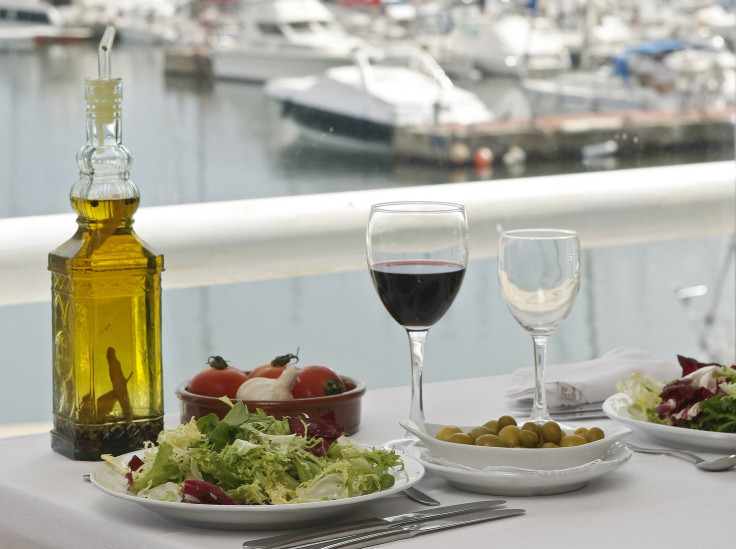Mediterranean Diet Reduces Womb Cancer Risk By More Than Half

A new study published in the British Journal of Cancer has pointed out the significance of one of the healthiest diets in the world by claiming that eating like a Mediterranean can cut the risk of endometrial cancer in women by more than half. The study elaborates on the benefits of eating food that is rich in fiber, antioxidants, phytochemicals and unsaturated fatty acids and their positive effect against the endometrial cancer or womb cancer in females.
Lead author of the study, Dr. Cristina Bosetti, from the IRCCS-Istituto di Ricerche Farmacologiche in Italy says, “Our research shows the impact a healthy balanced diet could have on a woman's risk of developing womb cancer. This adds more weight to our understanding of how our everyday choices, like what we eat and how active we are, affect our risk of cancer." The study got its funding from the Italian Foundation for Cancer Research, the Swiss National Science Foundation and the Swiss League Against Cancer.
For their research, the team of scientists from Italy analysed the diets of 5,000 women, which consisted of fruits and vegetables along with nuts, cereals, pulses, meats, fish, potatoes with very little meat and dairy products in addition to moderate alcohol consumption. They also kept the note on how many of them judiciously ate this type of diet. They observed that those women who followed the diet with regularity by eating between seven and nine of the beneficial food groups lowered the risk of womb cancer by 57 percent i.e. more than half. Whereas, women who included only six food items in their diet reduced their risk by 46 percent and the ones who had five components by 34 percent. However, the women who consumed the diet consisting of less than five of the beneficial food groups’ components showed no reduction in their risk of endometrial cancer.
While expressing her views on the study findings, Dr Julie Sharp, the head of health information at Cancer Research, says: “While we know that getting older and being overweight both increase a woman’s risk of womb cancer, the idea that a Mediterranean diet could help reduce the risk needs more research. This is partly because this study was based on people remembering what they had eaten in the past."
To contact the writer, email:ruchira.dhoke@gmail.com






